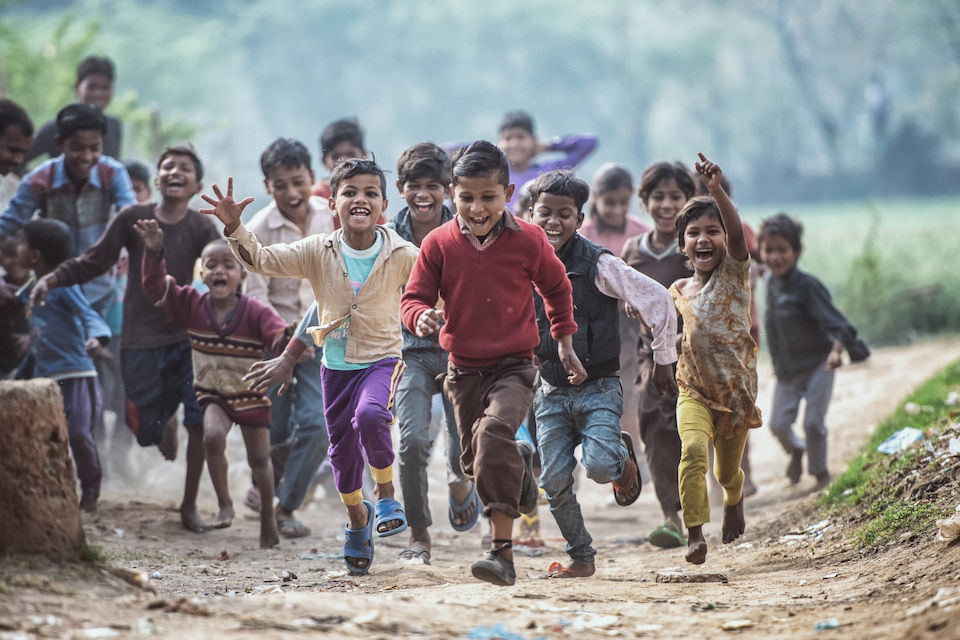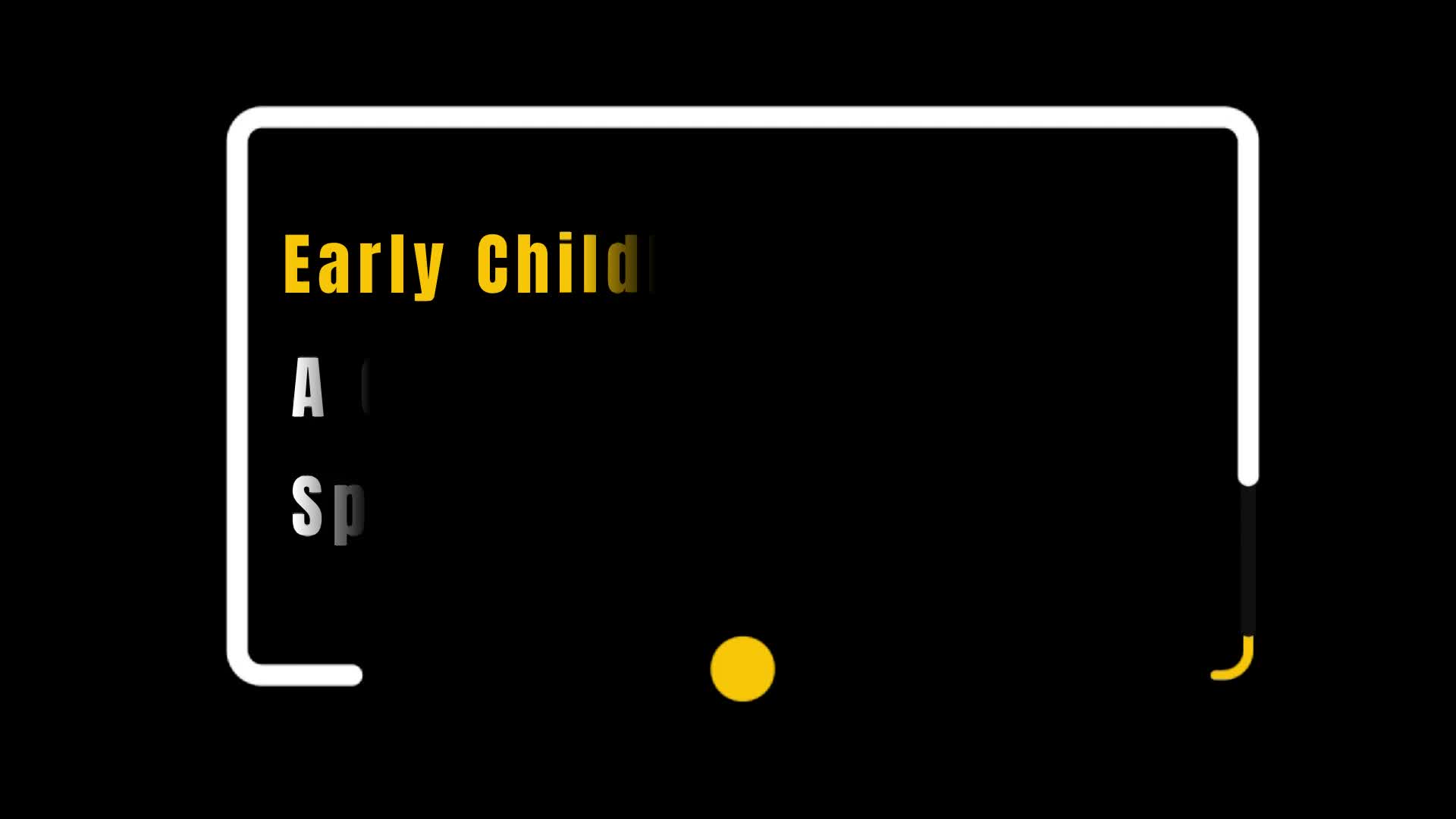Early Childhood Education: A Global Imperative with Special Focus on India.
Early childhood education (ECE) lays the foundation for a child's lifelong learning and development. It encompasses educational, social, emotional, and physical aspects crucial for a child's overall growth. However, despite its significance, global attention towards early childhood education remains inadequate. This blog explores why early childhood education should be a global priority, with a special emphasis on India, where less than 25% of children are enrolled in early childhood programs.

1. The Current Situation in India:
In India, access to quality early childhood education remains a challenge. According to UNICEF, less than 25% of children between the ages of three and six are enrolled in early childhood education programs. This alarming statistic highlights the need to prioritize early education initiatives in the country.
2. Economic Investment in Early Childhood Education:
Investing in early childhood education yields substantial long-term benefits. Research suggests that for every dollar invested in quality ECE programs, the return can range from $4 to $17 in the form of improved educational outcomes (as per the Nobel Prize-Winning Economist James Heckman), reduced healthcare costs, and increased earning potential later in life. However, in India, spending on early childhood education remains relatively low, with less than 2% of GDP allocated to the sector. Increasing investment in ECE is essential to unlocking the potential of the future workforce and ensuring sustainable economic growth.
4. Breaking the Cycle of Poverty:
Early childhood education is a powerful tool for breaking the cycle of poverty. It equips children with foundational skills, such as language development, cognitive abilities, and social interaction, that are crucial for success in school and later in life. Research indicates that children who participate in high-quality ECE programs are more likely to perform better academically, secure higher-paying jobs, and lead healthier lives. By prioritizing early education, especially in marginalized communities, India can empower children to overcome socio-economic barriers and foster inclusive development.
5. Enhancing Parent-Child Relationship:
Early childhood education is a powerful tool for breaking the cycle of poverty. It equips children with foundational skills, such as language development, cognitive abilities, and social interaction, that are crucial for success in school and later in life. Research indicates that children who participate in high-quality ECE programs are more likely to perform better academically, secure higher-paying jobs, and lead healthier lives. By prioritizing early education, especially in marginalized communities, India can empower children to overcome socio-economic barriers and foster inclusive development.
6. Holistic Development and Well-being:
During the early years, children's brains develop at an astonishing rate. Quality ECE programs stimulate their cognitive, linguistic, physical, and social-emotional development. Such programs offer a structured environment that nurtures curiosity, creativity, and problem-solving skills. By focusing on holistic development, ECE ensures that children receive comprehensive support during their critical developmental period, setting them up for success in subsequent stages of education and life.
7. The Vital Role of Financial Planning in Early Childhood Education:
Financial planners stress the significance of early planning and evaluating one’s financial capacity when investing in a child’s early childhood education. They suggest that the cost of a child’s education, including early childhood programs, ideally should be 30% of the parent’s overall child’s educational expenses. Prioritizing a child’s education requires making sacrifices in other areas of life, highlighting the importance of careful financial planning from the outset.
Conclusion:
Early childhood education is a global priority that holds immense importance for countries like India, where less than 25% of children are enrolled in early childhood programs. Investing in ECE not only benefits individual children but also contributes to a nation's development and economic prosperity. By allocating adequate resources, prioritizing parental involvement, and ensuring quality early childhood education for all, India can give its children the best start in life. Embracing early education as a global priority is a crucial step towards building a brighter future for the next generation.
Article by:

Find the Below Audio Podcast for this Blog
Listening Time: 4 Mins 52 Secs


